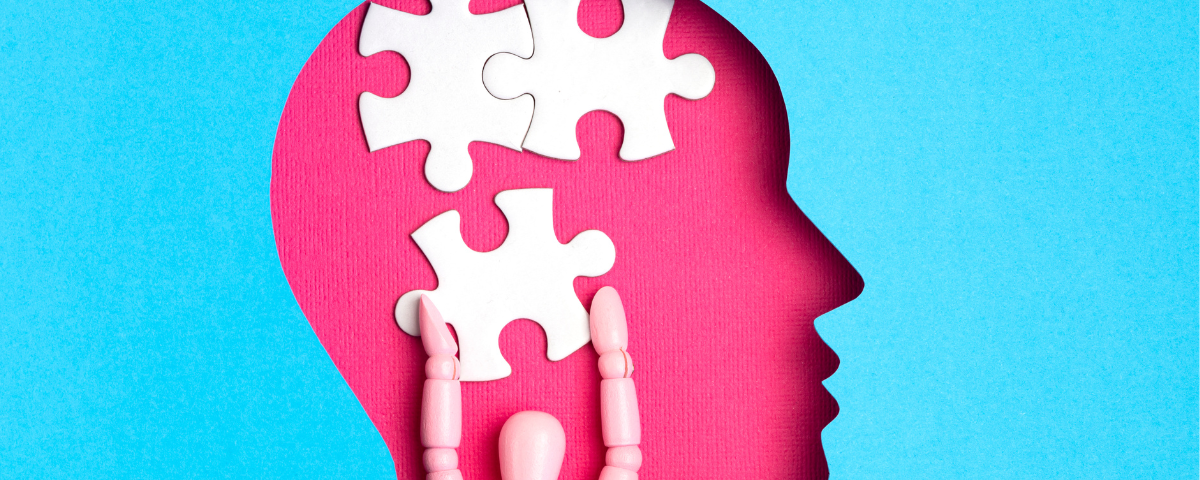Have you heard the term “Cognitive Reserve”? This neuroscience term encompasses the brain’s ability to solve problems and reserve thinking capacities, so to speak. Having a healthy cognitive reserve can mean that a person could be protected from developing neurological diseases in the future.
Unlock the secrets of a healthy brain with Cognitive Reserve. Discover how to increase, measure, and its benefits. Read on for more.
What is cognitive reserve?
Cognitive Reserve is the brain’s ability to improvise and find alternate ways for resolving tasks. This concept, developed in the 1980s, reflects your brain’s agility in pulling in skills and capacities to solve problems and cope with challenges.
Those researchers identified people with no apparent signs of dementia, but during an autopsy, it was discovered that their brains showed significant damage consistent with advanced Alzheimer’s disease.
These individuals did not display any symptoms of the disease while alive, thanks to their substantial cognitive Reserve that helped them overcome the harm and continue functioning normally.
Brain reserve vs Cognitive reserve
When discussing the brain’s resilience and adaptability, especially in the face of diseases like Alzheimer’s, two terms often surface: Brain Reserve and Cognitive Reserve. But what’s the difference?
Brain Reserve
Brain Reserve refers to the brain’s physical capacity, like its size or the number of neurons it has. Think of it as the brain’s hardware.
A larger brain can tolerate more damage (neurological attrition) or wear and tear before showing signs of problems. It operates on the idea that everyone has a limit, and when the brain crosses this limit, issues start to appear. This limit (capacity) varies among individuals based on their “hardware.”
How to increase Cognitive Reserve
Adopting a healthy lifestyle is recommended to enhance your CR. Harvard Medical School suggests that this journey involves eating a plant-based diet, exercising regularly, getting enough sleep, managing stress, nurturing social contacts, and continuing to challenge the brain. Here are some practical ways to integrate these habits into your daily routine:
- For stress management, try mindfulness meditation or deep breathing exercises.
- To challenge your brain, play memory games or learn a new skill, such as a language or musical instrument.
- Incorporate healthy foods like vegetables and fruits while reducing sugar and fat intake.
- Exercise daily through walking, running, or low-impact activities like yoga or tai chi. This is important for neuroplasticity, the brain’s ability to adapt and form new connections. Ultimately, it diminishes stress and anxiety, leading to better cognitive function.
- Maintain social connections by gathering with friends and family, volunteering, or joining a club or group. Talk to people, jeez…
- Get enough sleep by establishing a regular sleep routine and avoiding electronic devices before bedtime.
By making these simple lifestyle changes, you can help build your CR and potentially reduce your risk of developing neurodegenerative diseases in the future.
Studies have shown that people with greater Cognitive Reserve can better stave off symptoms of Alzheimer’s disease and other brain diseases.
The paradox with CR and brain diseases
Though, there is still a paradox with dementia. While a brain with a higher cognitive reserve can resist the effects of dementia for a more extended period, it can also progress more quickly once it becomes apparent.
This is because the damage to the brain may have already been more extensive than the clinical symptoms suggest, and the cognitive reserve has been exhausted.
However, in the case of Alzheimer, there is also research saying that once the disease reaches a more advanced stage, the CR may no longer compensate for the damage, and cognitive decline may occur more rapidly.
How is cognitive reserve measured
CR can be measured through various methods, including cognitive tests, brain imaging, and educational and occupational attainment. First, it’s important to highlight that just because someone has a higher cognitive reserve does not mean they are more intelligent than someone. Numerous factors contribute to the different brain structures.
By consciously adopting a healthier lifestyle, we can potentially strengthen this protective shield.

